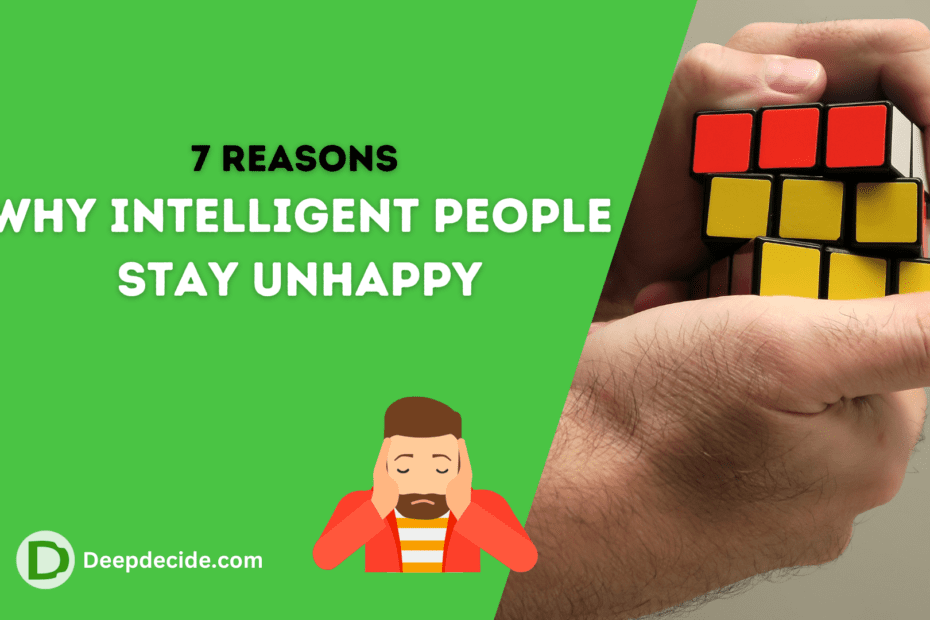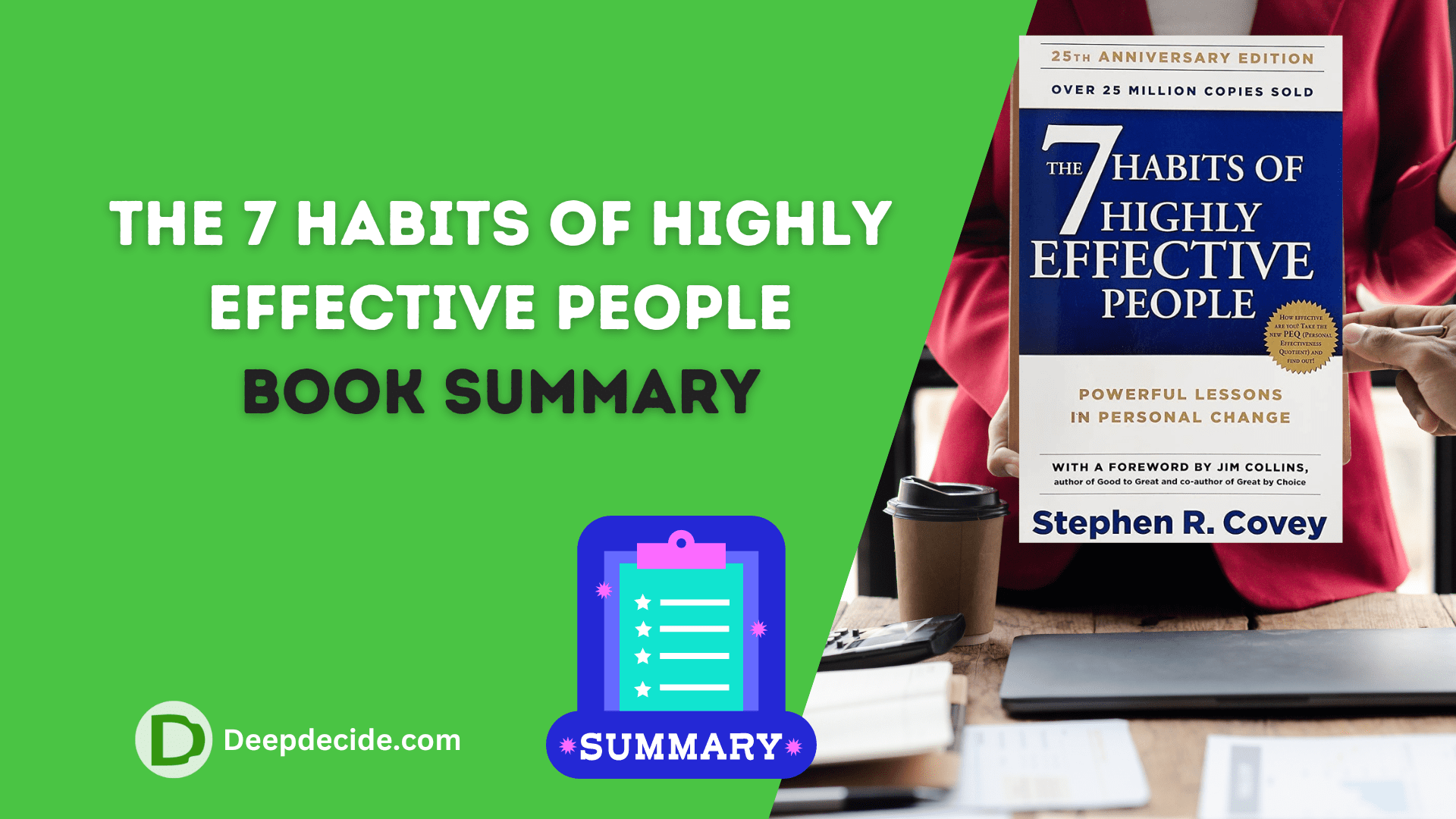Last Updated on: 11th December 2023, 08:29 pm
High intelligence is often associated with success and satisfaction in life. However, this isn’t always the case. Ironically, many intelligent people find themselves entangled in unhappiness.
This phenomenon might seem contradictory, but when you dig a little deeper, it begins to make more sense. Here are seven reasons why intelligent people sometimes struggle to find happiness.
1. Overthinking
Intelligent people are inclined towards deep thinking and analyzing situations from all angles.
This trait, while advantageous in problem-solving, can lead to a tendency to overthink everything, ranging from life decisions to social interactions.
Overthinking can result in unnecessary stress and anxiety, hampering happiness.
2. High self-criticism
People with high intelligence often hold high standards for themselves. They can be their own harshest critics, which can result in feelings of dissatisfaction and unhappiness.
While self-improvement is necessary, constantly berating oneself can inhibit joy and contentment.
3. They strive for perfection
Highly intelligent individuals are notorious perfectionists. They may struggle to accept anything less than the very best from themselves and others.
Unfortunately, life is seldom perfect, which can lead to frustration when their expectations are not met.
4. Awareness of life’s imperfections
Usually, intelligent people have a broader understanding of world issues – poverty, corruption, and ecological crises, among other problems.
This heightened awareness can lead to a sense of discomfort, disappointment, and, at times, helplessness, which can rob them of their happiness.
5. Analysis Paralysis
Analysis paralysis refers to the state of over-analyzing a situation to the point where no decision gets made.
The highly intelligent, given their ability to foresee potential pitfalls and contemplate multiple solutions, often fall victim to this, which could stifle their progress, leading to unhappiness.
6. They seek meaningful relationships
Intelligent people often crave deep, meaningful relationships and may find less satisfaction in superficial interactions.
However, establishing such bonds can be challenging and time-consuming. This longing for depth may make them feel isolated and unhappy.
7. Lack of acceptance
Lastly, people with high intelligence may struggle to accept others’ differing perspectives, which may lead to conflict in personal and professional relationships.
This lack of acceptance can inhibit their social connections and contribute to unhappiness.
While the correlation between high intelligence and unhappiness seems reasonable given these factors, it is essential to remember that intelligence is just one aspect of a person’s identity.
Like anyone else, the highly intelligent too need to learn to navigate emotional and psychological challenges; they need to balance their analytical skills with emotional intelligence.
At the end of the day, happiness often lies not in constantly scrutinizing life under a microscope, but in the ability to let go off excessive control, embracing imperfections, and appreciating life in all its splendid chaos.



